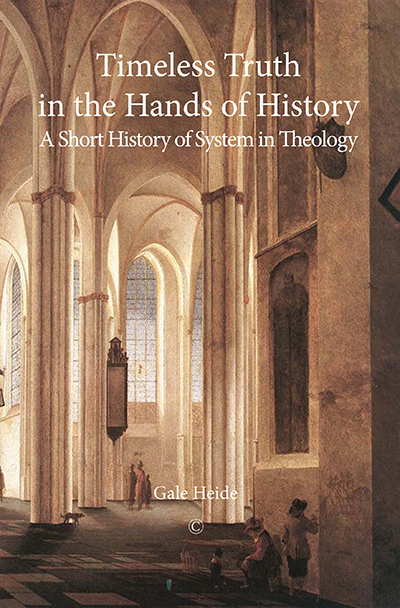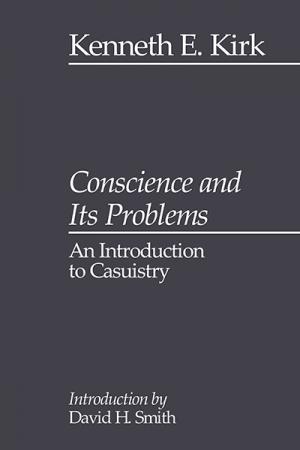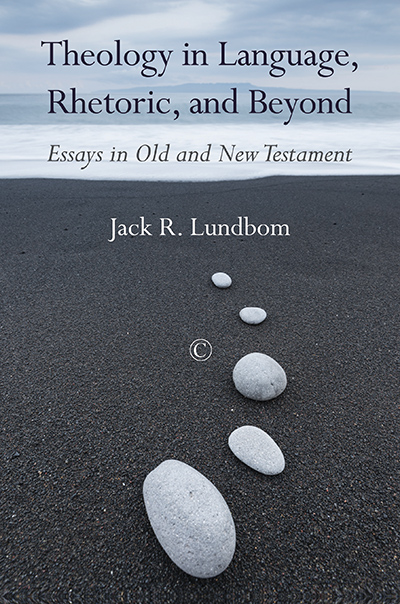Description
What is the purpose of theology for the Church? Systematic theology provides an inroad into this question by offering both a method for doing theology and an explanation for the purpose of that method. However, the very notion of ‘system’ has its basis in a specific understanding of knowledge grounded in rational demonstration of facts, and it is easy to assume that this tradition in theology is primarily a product of Enlightenment thinking.
Timeless Truth in the Hands of History addresses the historical debate over when systematic theology began. Much of the debate has centered on the definition of ‘system’ and revolves around the use, or lack thereof, of external philosophical categories or language in theological discourse. Heide’s approach is to examine the works of prominent theologians and philosophers at various times labelled systematic, providing an outline of the methodological history of systematic theology and at the same time providing a survey of the the ways in which philosophical and theological discourse have been connected to the term ‘system’.
Heide shows that system in theology has deeper roots than the Englightenment. The practice of theology has never been totally devoid of external philosophical reference points or programmatic intentions, and these have played a role in theology since the church’s inception. Certain elements of systematic thought (e.g., logic, non-contradiction, organisation) have been a part of theological investigation and construction since at least the second century. However, these may not be the same influences that have marked post-Enlightenment systematics. Heide argues that one of the primary characteristics of pre-Enlightenment theology was its intentional focus on the life of the church – theology, like the Scriptures, was often written for specific circumstances. The influence of the Enlightenment was to shift the intention and context of much of theology in that theological knowledge was studied and displayed for the sake of knowledge itself – in the realm of what was to become academic theology, the church was at best an afterthought.
Revealing and explaining the historical contexts in which philosophical ideas have influenced theology, from Irenaeus and Origen to Hegel and Kierkegaard, Timeless Truth in the Hands of History is an invaluable addition to the library of all students of theology, philosophy of religion and the history of ideas.
About the Author
Gale Heide is Academic Dean and Professor of Theology and Biblical Languages at Montana Bible College in Bozeman, Montana. He is author of This Is My Father’s World (1998), System and Story (2008), and Domesticated Glory (2010).
Contents
Preface
Introduction
1. Theological Induction in the Canon and Irenaeus’ “Rule-of-Faith”
2. Is Origen the Archetypal Systematician?
3. Theology Becomes Politics: Constantine and the Nicene Council
4. Summary as System? Thomas and the Scholastic Method
5. Wycliffe in a Philosophical Mold
6. The Rigid System in Rhetorical Dress? Calvin’s Construction in the Institutes
7. System with a Twist: Enlightenment Influences on Theology and Epistemology
8. Hegel’s Pinnacle
9. Kierkegaard’s Life of Faith and the Rejection of System
Bibliography
Endorsements and Reviews
Gale Heide’s Timeless Truth in the Hands of History demonstrates that not only does theology’s content develop and change over time, its very method and systematic form does as well. And, of course, these two developments are not unrelated. Heide shows that an understanding of how the ‘system’ of theology should be conceived illumines just how theology’s own content is developed at various stages in the history of theology. For those concerned with how theology has been done and should be done, this book will provide great stimulation and direction.
Bruce A. Ware, Professor of Christian Theology, Southern Baptist Theological Seminary, Louisville, Kentucky
… this book does offer some basic insights into many of the thinkers surveyed, particularly Kant and Hegel.
Stephen Waldron, in Reviews in Religion and Theology, Vol 20, Issue 3
… an excellent introduction to the origins and uses of systematic theology. … Heide carefully shows the nuances between different notions of system in different eras. What emerges is a helpful conversation partner in thinking about theological method.
Aaron Edwards, University of Aberdeen, in Theological Book Review , Vol 25, No 1
Heide shares with us his conviction, with which I agree, that the way forward consists in combining the historically conditioned with the universally important. He thinks Aquinas has successfully achieved this balance, albeit within a medieval perspective that must be complemented by elements from the twenty-first century’s approaches. As a disciple of Thomas Aquinas, I want to praise Heide for his interpretation of that medieval doctor.
Louis Roy, in Science et Esprit, Vol 66, Issue 2
A valuable resource in the study of systematic theology in relation to the history of ideas and in its critique. The work is admirable for the span of time and changes covered in just a few pages …
R. Sanchez, in Ephemerides Theologicae Lovanienses, Vol 90, Issue 2





